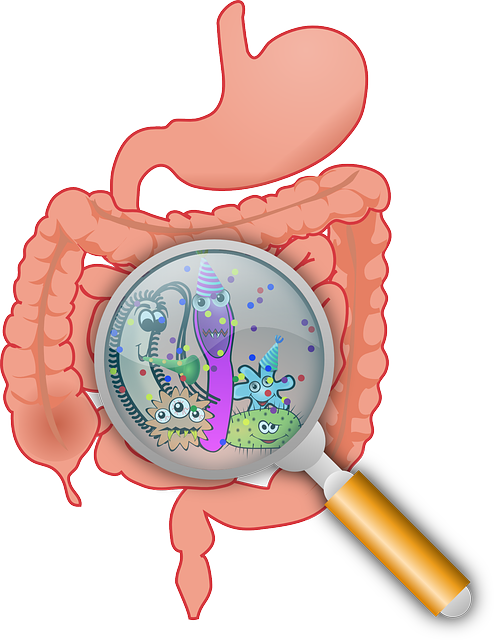Read on to learn what you should do if you have intestinal parasite and the symptoms that come with them. Check out the article we found over at Healthy and Natural World.
There is a misconception that intestinal parasites only exist in underdeveloped countries. Indeed they are more common there, but they are much more common than you think in developed countries as well. It’s not a very nice thought to know that you are a host to a colony of intestinal parasites, but you are not alone. According to the World Health Organization you are one of more that 3 billion people who suffer from some type of intestinal parasites, and not all these people live in undeveloped and poor countries.
What are intestinal parasites?
Parasites in general are classified into many groups, but the two main types of intestinal parasites are helminths and protozoa. Helminths are worms with many cells that cannot multiply in the human body, such as tapeworms, pinworms, and roundworms. Protozoa, on the other hand, have only one cell and can multiply inside the human body and can cause serious infections.
Why are intestinal parasites dangerous?
As the name of parasites suggests, they live inside us and feed off us. In places with high hygiene levels parasites don’t cause a great threat, but in poor countries and places where hygiene is low and sanitary conditions are poor, parasites can pose a real life threat. When our intestines become a host to parasites, even the high levels of acid in the digestive tract cannot protect our body, so our body tries to defend itself through our immune system, and the gut can become inflamed. The intestinal parasites prevent from the food we eat to be absorbed properly by the body and release toxins into the bloodstream and lymphatic system. Severe infections can cause a bowel obstruction when your intestine is partly or completely blocked. The blockage prevents food, fluids, and gas from moving through the intestines in the normal way. Severe infestation can also cause anemia as it can cause bleeding in the intestines.
Key symptoms of a parasite infection in the body
1. Excessive food cravings or alternatively loss of appetite
2. Weight loss
3. Stomach pain
4. Constipation, diarrhea, gas, or other symptoms of irritable bowel syndrome (IBS)
5. Blood sugar fluctuations
6. Skin disorders, such as acute itching around the rectum and other body parts, rashes or other skin irritationsHow to treat intestinal parasites
The treatment for getting rid of intestinal parasitic infections can be done through conventional medication or through the use of alternative medical treatments.
Conventional medicine
If you suspect you have intestinal parasites, your doctor will be able to do a stool test to confirm it and use prescription medication that is most effective against your intestinal parasite.
Alternative Medicine
1. Herbs – some of the more commonly prescribed herbal treatments include: garlic, goldenseal, barbery, anise, Oregon grape, wormwood, wormseed, black walnuts, curled mint, cloves, oregano, thyme and olive leaf. Consult a physician before taking any anti-parasite herbal supplement.
2. Supplements – consult a physician before taking any supplements to make sure they don’t interfere with current medication you take.
Probiotics (Lactobacillus acidophilus, Lactobacilus plantarum, Saccharomyces boulardii, and bifidobacteria help keep your digestive tract healthy and this discourages parasites.
Digestive enzymes help to restore your intestinal tract to its normal state, which makes it inhospitable to parasites. Papain is an enzyme from the papaya plant that may help kill worms when taken 30 minutes before or after meals.
Vitamin C – supports the immune system.
Zinc – supports the immune system as well and also used to heal stomach ulcers.Preventing infection
We’ve already mentioned that parasite infections are very contagious. You can easily pass parasites eggs onto anything or anyone you touch. Therefore it is important to wash your hands and maintain good hygiene habits to reduce the chances of further transmission. Wash your hands after going to the restroom and before eating or preparing food. If you travel overseas, pay attention to the quality of drinking water and the hygiene of the food you consume and wash fruits and vegetables well.
Next Article: Colloidal Silver Is The New Powerful Antibiotic
Read full article: How to Tell If You Have Intestinal Parasites and What to Do About That







Recent Comments